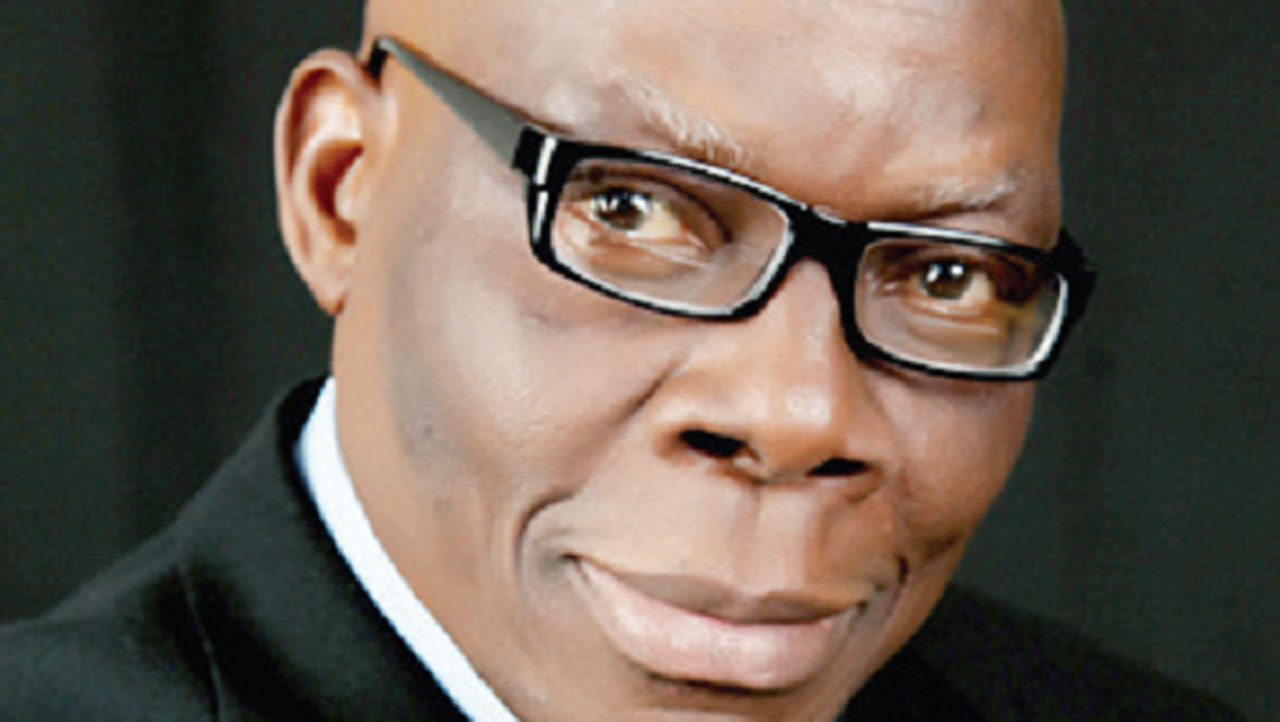
The Nigerian Nuclear Regulatory Authority (NNRA) has warned against harmful effects of exposure to ionizing radiation.
The Director General of the NNRA, Prof. Lawrence Dim, gave the warning at the “second technical meeting on personal dosimetry for Dosimetry Service Providers (DSPs) and Radiation Safety Advisers (RSAs).”
He urged industries, hospitals and other organisations to ensure the adequate protection of their workers, the environment and the public.
Dim explained that under the Nigerian Basic Ionizing Radiation Regulation 2003 (NiBIRR), organisations exposed to radiation in their daily operations must ensure compliance with the permissible exposure limits for workers and the public.
The NNRA organised the meeting to acquaint the stakeholders with the standard practice and the challenges in the field.
The brainstorming meeting was aimed at ensuring that the body does not absorb excessive heat that could be harmful or cause biological damage if exposed to radiation.
It was also in compliance with the International Atomic Energy Association (IAEA)’s requirement that every country must have a system of dosimetry, which they must use as a benchmark.
The system is aimed at ensuring that people are not exposed in industries that use ionizing radiation or during medical examinations.
The NNRA General Manager, Department of Radiological Safety, Prof. Timothy C. Akpa, presented the director general’s address.
He explained that the essence of the second national technical meeting was to exhaustively address overarching issues bordering on efficient and effective radiation worker, public and environmental monitoring as they relate to the duties of DSPs, RSAs and other operators.
He stressed that the stakeholders must be committed to the regulations to remain steadfast in delivering the core duties on radiation protection.
The director general explained that only five DSPs were accredited by the NNRA, while the registered RSAs are 17, adding that a National Dose Registry (NDR) would be established to keep workers’ records of radiation for reference purpose.
He also disclosed that the National Institute of Radiation Protection and Research (NIRPR), Ibadan, was committed to seeking improvements in technical services as a calibration for personnel and workplace monitoring devices.
According to him, even though measures were being taken to ensure that people are not exposed to excessive dosage of radiation, Nigeria cannot afford to be left behind in the use of radiation in hospitals, mining, oil drilling and other industrial uses.
A nuclear safety consultant, who participated at the workshop, Mrs. Modupe Olusegun, said they were there to give feed back on what obtains in the field and to update their knowledge on recent regulations.



